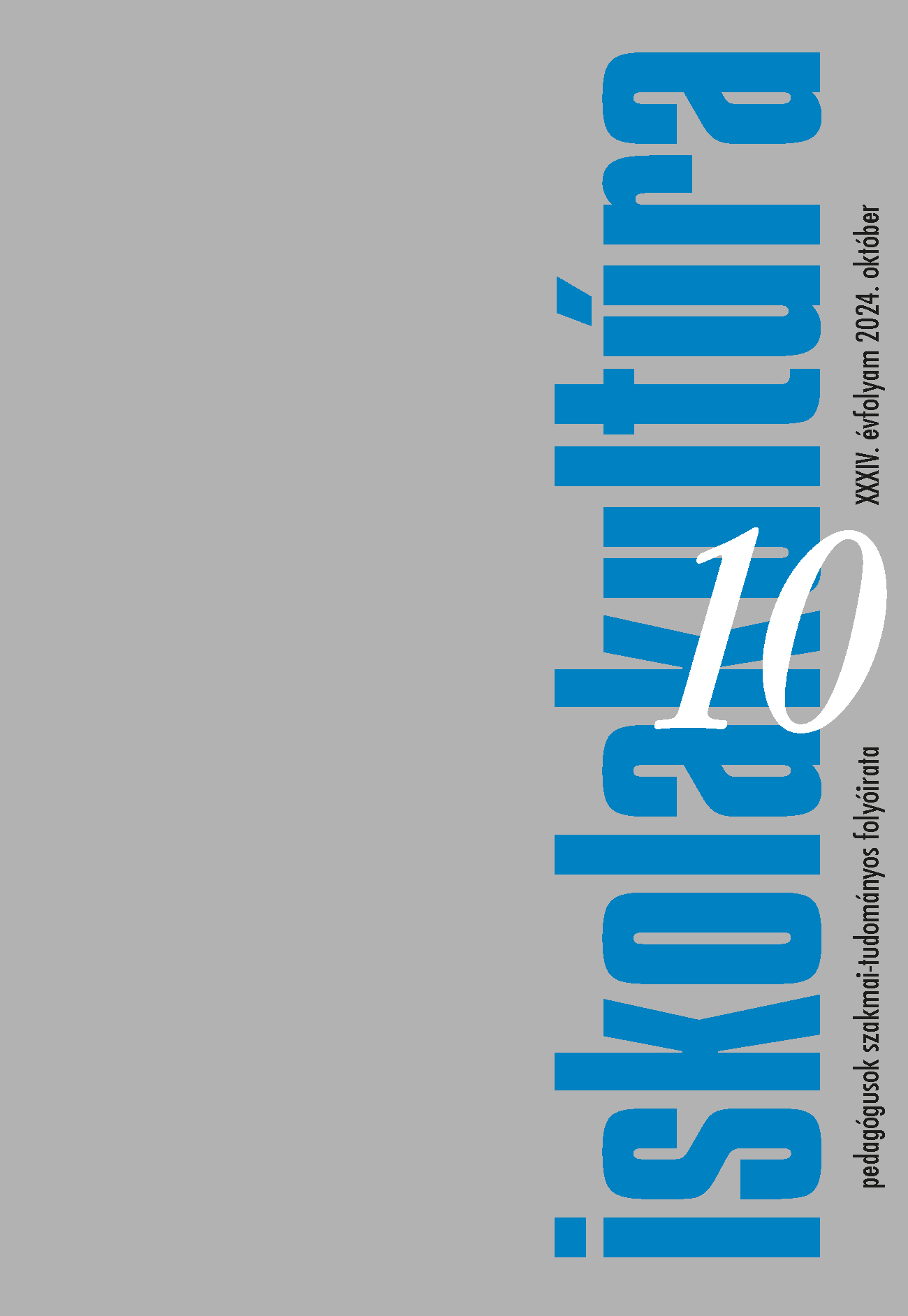The dual role of Pavlov in the fate of Hungarian psychology in the 1950-60s
Main Article Content
Abstract
The basic message of my paper is that while the enforced Pavlov cult had a negative impact on Hungarian psychology and more broadly on Hungarian intellectual life due to Russification and the exclusive emphasis on a pseudo-neurobiological learning model of decades earlier, at the same time in the 1950s and 1960s it was able to protect the psychology of the time, especially the experimental spirit, from the domination of activity-centered, voluntarist ideology and educational philosophy. It is within this framework that I interpret the work of the Pavlov Committee of the Hungarian Academy of Sciences. The Pavlov Committee, established in 1952, if only by virtue of its composition and leadership, interpreted Pavlov in a fundamentally holistic medical model and aimed to treat questions of psychology and pedagogy in the frames of this general medical interpretation. At the same time, in addition to holism, the Pavlov cult also allowed dialectical rhetoric, which appeared in Marxist philosophy, pedagogy and, to a lesser extent, in Hungarian psychology as well. It was an ideological word game that tried to interpret everything in the context of conditioned reflexes, using flexible empty like dynamic stereotypes, trying to fit with this rhetoric the biological system into the world of dialectical word magic and social determination. This assumed Pavlovian view of man suggested that something is both stereotypical, i.e. determined, and pliable, flexible, to be determined by top down influences, on the final run, by the leadership role of the communist party. The positive significance of the Pavlov cult in the Hungarian psychological environment at that time was twofold. On the one hand, the Pavlov Committee helped to save the psychological autonomy of the then 50-year-old Ranschburg Institute by transferring the Institute to the supervision of the MTA and the Pavlov Committee. The Committee also helped the reconsideration of the importance of psychology within the academic scene, replacing the Pavlov Committee by a Psychology Committee in 1958. Regarding the substantial impact, primarily by focusing on learning, the Pavlov cult transformed and even reshaped the experimental approach. In Hungarian psychology, Lajos Kardos tried to use Pavlov in his theoretical and experimental works on animal learning. Magda L. Marton, the representative of the next generation, pointed out that a personality psychology based on learning theory can be derived from Pavlov, which emphasizes the neural and learning typology of individual differences. In the 1960s, Hungarian experimental psychology and neurobiology gradually drifted away from Pavlov. Active instrumental conditioning as opposed to Pavlovian passive conditioning came to the fore as a basic mechanism and the issues of motivation and activity.

